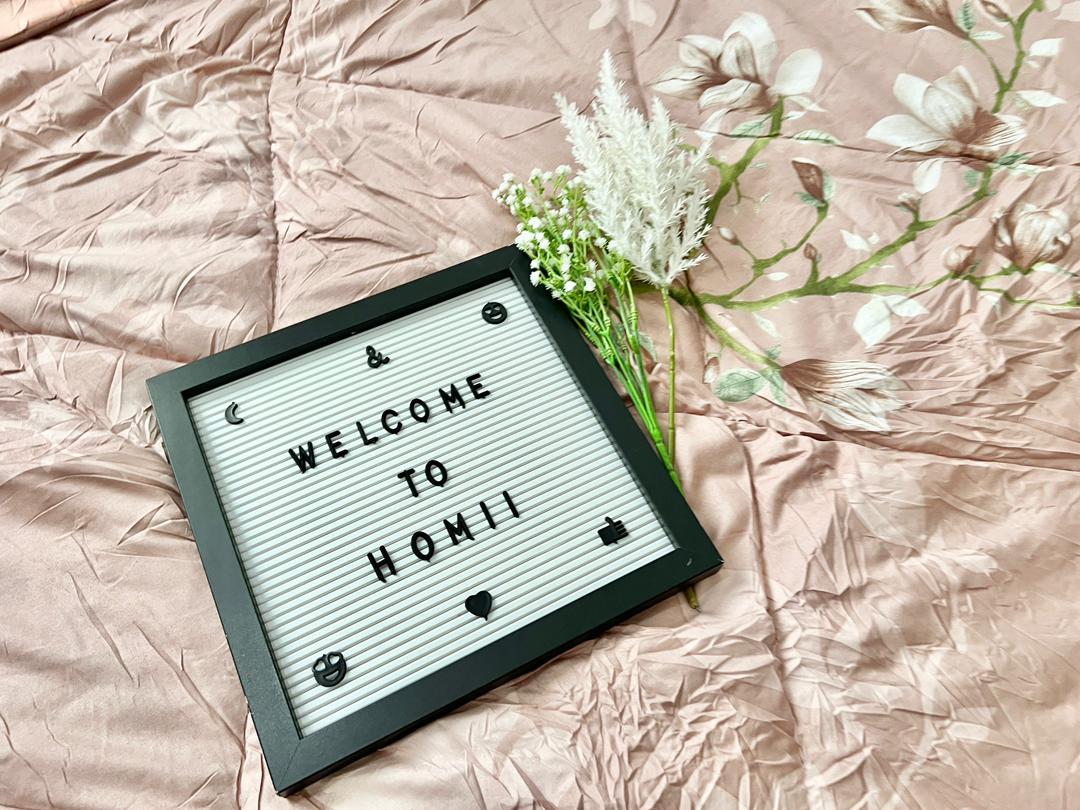Question 1: What factors influenced Bespoke Habitat’s decision to expand its co-living services from Singapore to Johor Bahru?
In short, for point 1, it was due to our growth in the Singapore markets, especially during last year’s Movement Control Order (MCO), when many Malaysians were compelled to stay in Singapore and had to decide to stay in Singapore or Johor. However, as the markets started to open up, we observed that many Malaysians who had stayed in Johor started to move back. This revealed a growing demand for support and accommodations in Johor.
Question 2: Can you provide insights into the demand for co-living spaces in Johor Bahru, especially from the perspective of corporate companies based in Singapore?
We noticed a significant number of Malaysians, from regions outside of Johor, such as Perak and Penang, who desired to work in Singapore but preferred not to reside in Singapore. They expressed a preference for staying in Johor Bahru while commuting to work in Singapore. This underscored the need for accommodations and support in the Johor Bahru area. Consequently, we aim to continue meeting these demands and identifying the requirements in the co-living space in Malaysia.
Question 3: What makes Bespoke Habitat’s co-living space unique and appealing to working professionals in comparison to other accommodation options in the region
Currently, all our rooms are much more affordable because we work directly with property developers.
By working with developers, we enhance our ability to provide cost-effective accommodation solutions in the long term. Additionally, we recognize that a majority of our residents work in Singapore.
They want to be able to reach to have convenient access to the CIQ checkpoint, typically within a 10-minute bike ride or other means of transportation. These are some of the essential criteria that we’ve taken into account.
For individuals who don’t have their vehicles, transportation is a crucial issue that we aim to address. Our solution involves offering a bus service, which effectively resolves commuting challenges for our Johor Bahru residents. In the long term, we are committed to exploring ways in which we can improve the commuting experience, making it more convenient for anyone traveling to and from Singapore.
Question 4: Bespoke Habitat has expressed plans for further growth in Southeast Asia. What criteria are being considered for selecting future locations, and how does this align with the company’s mission?
Our roadmap has always included expanding into ASEAN countries. Currently, we are operating in Singapore and Malaysia. Our potential next destination is Vietnam, given its status as a fast-growing economy within the ASEAN region. We have begun planning our entry into this market, conducting research, and preparing for the upcoming years.
Question 5: How does Bespoke Habitat plan to address the unique needs and preferences of professionals working in the region?
In Singapore, most tenants have higher service-level expectations. They desire faster responses and expect comprehensive unit maintenance, including cleanliness and various amenities. However, in Malaysia, our clients often travel back and forth to Singapore and spend limited time in their rooms, mainly during the night for rest. As long as the environment is peaceful, they have personal privacy, and internet connectivity is reliable, we intend to make life easier for working professionals, including high-speed Wi-Fi, on-site laundry facilities, concierge customer care service, and weekly cleaning.
Question 6: With the challenges faced by HR departments in housing colleagues, how does Bespoke Habitat work with corporate clients to provide solutions tailored to their needs?
In Singapore, we serve numerous corporate clients, many of whom have employees traveling frequently between countries. As we engaged with these clients, we began to recognize the challenges they faced from an HR perspective. When HR professionals started discussing their issues with us, we realized that this was a common challenge. We initiated brainstorming sessions and conducted focus groups to understand how we could address this problem effectively. This led us to the decision to identify suitable locations that could help Singaporean companies in hiring Malaysian staff. Our goal is to provide practical solutions for them, enabling their employees to stay and commute to Singapore regularly.
Question 7: Could you elaborate on the factors contributing to Bespoke Habitat’s remarkable growth in 2023, particularly the year-over-year increase of over 250% in Singapore?
I am pleased to share significant milestones in our recent growth and expansion. In Singapore, our room management portfolio has surged to 2,150 rooms, an impressive increase from last year’s 1,000 rooms. Additionally, we have successfully added 200 rooms in Johore Bahru, Malaysia. Complementing this growth, we have strategically increased our presence in the facilities management sector, focusing on handyman work and cleaning services through Bespoke Cleanpro, and air conditioning services through BH Aircon Solutions. I am delighted to report that these endeavors have resulted in a remarkable 250% growth in our overall business compared to the previous year.
Question 8: In addition to the current expansion in Johor Bahru, are there specific growth strategies or milestones that Bespoke Habitat aims to achieve in the growth years, both within Malaysia and in other Southeast Asian countries?
I am thrilled to share our exciting expansion plans. Recognizing the growing need for co-working spaces among our valued tenants, we are actively exploring opportunities to introduce dedicated co-working spaces within our portfolio. Furthermore, we have set our sights on expanding our presence in Vietnam and Thailand in 2024, aligning with our commitment to providing innovative solutions beyond borders. To support these endeavours, we are currently in the process of raising Series A funding. This strategic move positions us for a successful and sustainable expansion plan.



